John Carpenter discusses The Thing, the greatest ever horror directors, and his love of video games at Cannes 2019
As John Carpenter is honoured at Cannes 2019, Total Film was on the scene to hear the visionary director reflect on his career and life
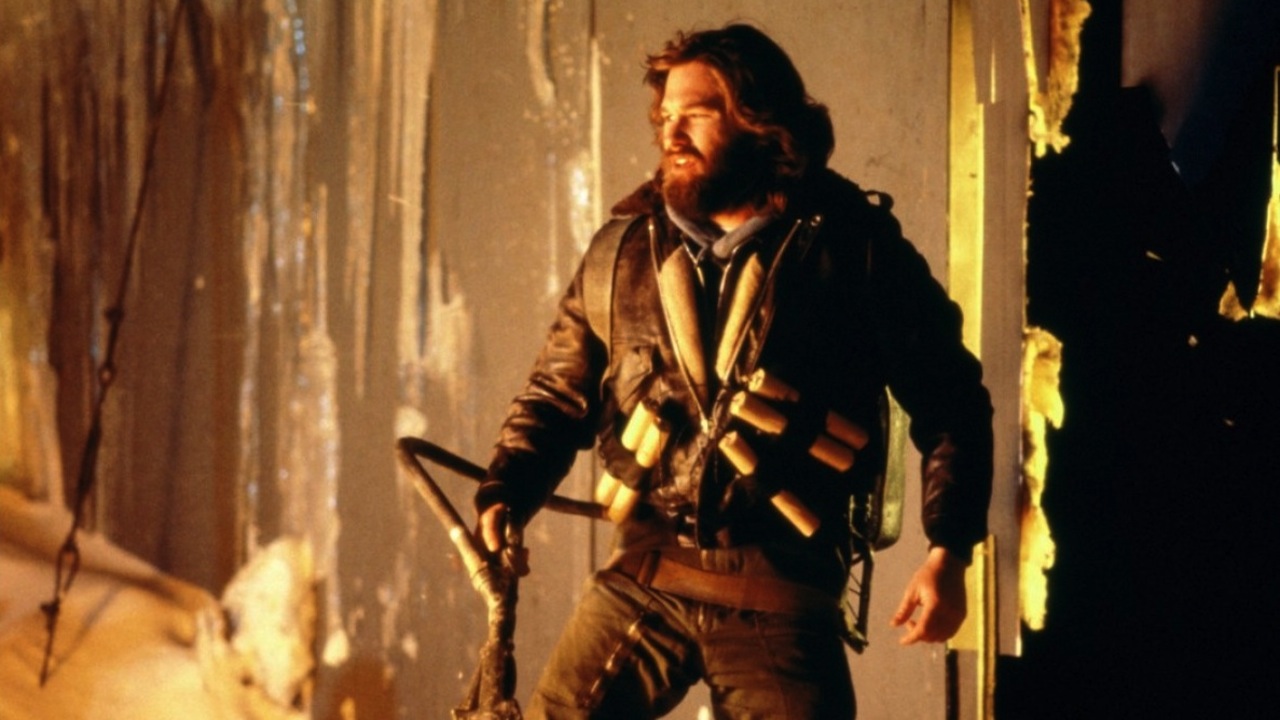
Recipient of this year’s Carrosse d’Or – an award designed to honour “an independent, audacious filmmaker” – horror master John Carpenter today entertained a packed audience at the Théâtre Croisette with an onstage career Q&A, discussing everything from The Thing, his love of video games, and who he considers to be the greatest horror directors of all time.
During the course of the chat, the ever-modest, perpetually pragmatic Carpenter rubbished claims that he was an innovator (“The Steadicam is a poor-man’s dolly – you don’t need to lay the tracks” he said of Halloween’s seminal opening shot), and stressed that making movies is not romantic but “hard work”, saying, “The most thrilling moment is when it opens in theatres and I think ‘I’m done with this thing.’” Likewise, Carpenter played down his iconic synth scores, shrugging, “I used them because they could make the sound big, as opposed to piano. And you needed one person, not an orchestra. It was cheap.”
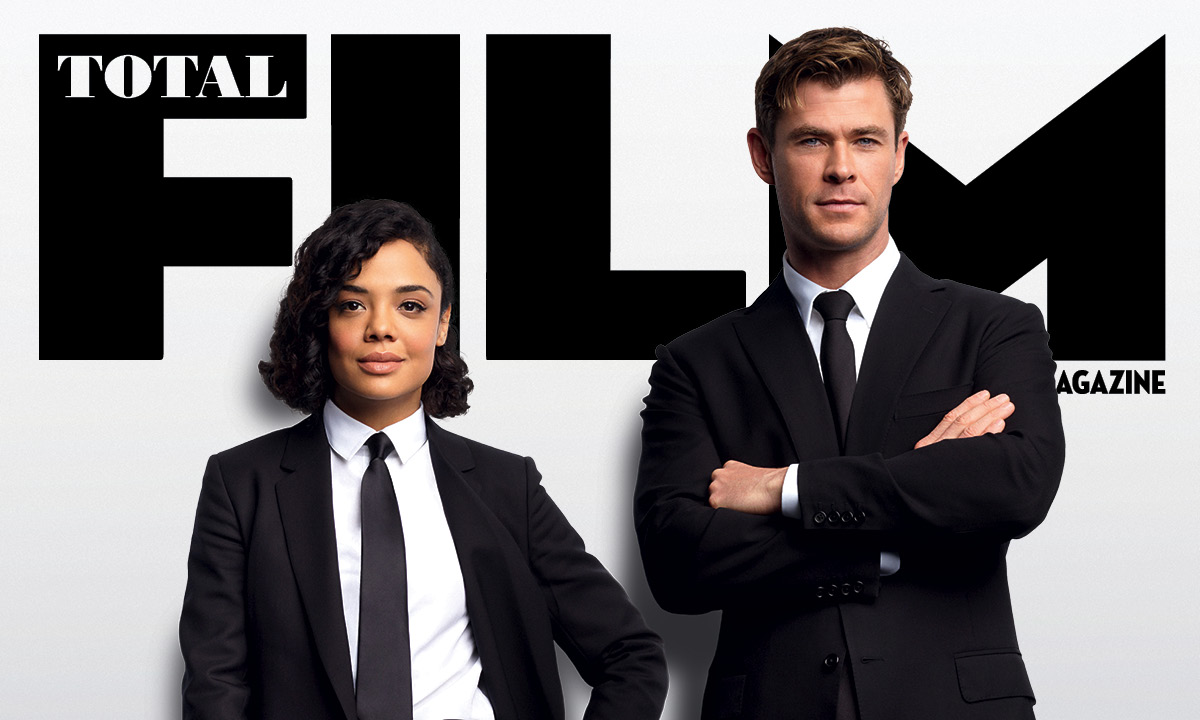
For more coverage from Cannes 2019, be sure to follow Total Film. If you like what you see, don't forget that you can subscribe to Total Film magazine to get more like this delivered straight to your doorstep every month of the year.
The primary focus of the talk, however, was his 1982 sci-fi-horror opus The Thing, the tale of a research team in Antarctica that is picked off by a shape-shifting alien. A Universal picture, The Thing opened two weeks after Steven Spielberg’s rather-more-cuddly alien adventure E.T. The Extra Terrestrial; it failed both critically and commercially, with our world simply not ready for a paranoid, claustrophobic story focused on a group of bearded men stuck in a drab outpost in the middle of nowhere. Or the downbeat climax. Or, indeed, Rob Bottin’s gloopy SFX (“You gotta be fucking kidding…”
The Thing underwent a reappraisal on video and is now considered a masterpiece. Carpenter has always regarded it as his finest film, so it was no surprise that he chose it from his back catalogue to play before the Q&A, highlights of which can be found below…
On The Thing’s reception…

"It bombed, it crashed, it exploded. People hated it. The fans hated it. I thought it would be an incredible revenge on them all to have it show at Cannes."
On working for Universal…
"I’m a guy that doesn’t fit in with the studios. There’s a party scene that you have to fit into. Film school taught me that you have to fight for your own vision. “This is my movie. It’s not your movie. Get your hands off it.” When you fight, it’s rough. They read the script and it didn’t read dark to them. Then they saw it. “Why don’t we…” [Talks about how Universal tried cutting various scenes in an effort to make the ending feel more heroic. All tested equally badly so Carpenter was awarded his cut by default.] The whole movie is dark and depressing and about the end of the world. Changing the ending doesn’t change it."
On the importance of having a producer you can trust...
I’ve had producers fuck me over, big time. I want somebody I know I can count on.
Bringing all the latest movie news, features, and reviews to your inbox
On opening after E.T.…
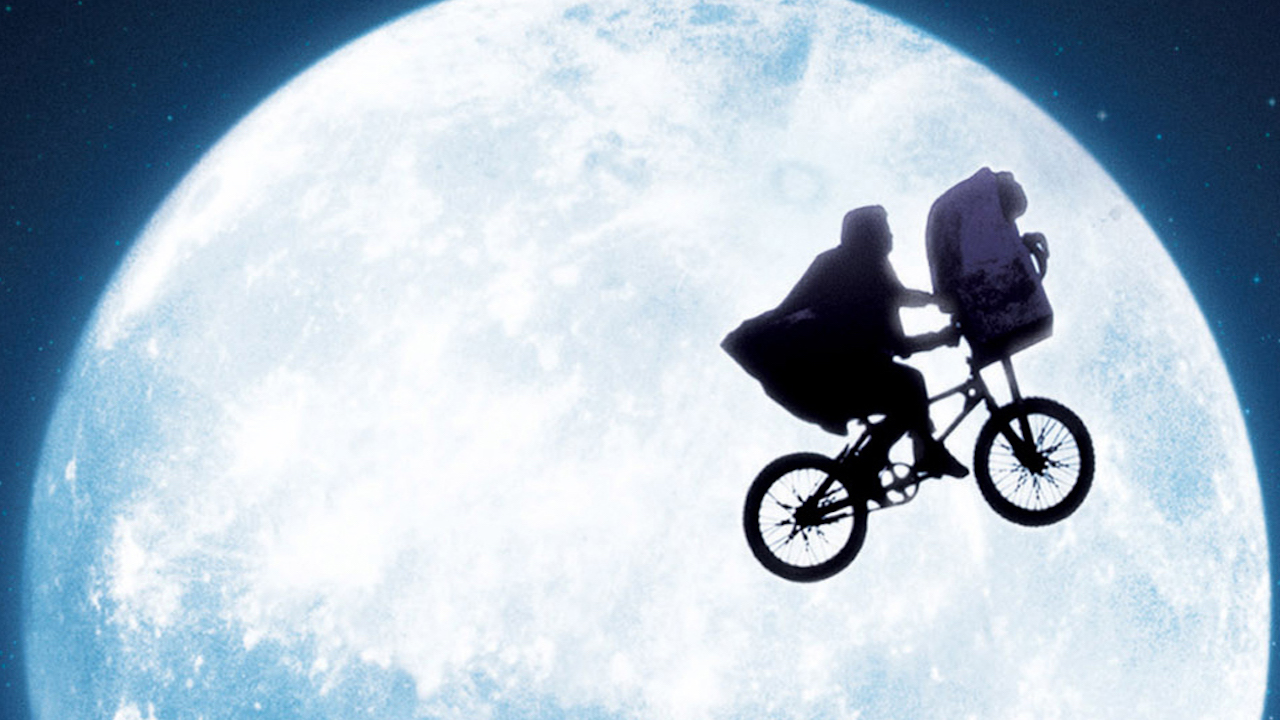
What did Steven [Spielberg] say? He knew that people wanted an “up cry”. I guess I was wrong. But that’s OK.
On embracing the full-on effects…
It’s a rule in Hollywood that if you make a horror movie, you have to put the monster in the dark. I didn’t do that. I brought this baby right out in the light. That got people. Rob Bottin had a whole army of artists drawing. Rob said, “It can look like anything; it can be completely nuts.”
On lighting the shape-shifting scenes….
"It’s just a camera and rubber in a room. How do we pull it off, make it look like it’s living? Convince the audience it’s alive? Dean Cundey [DoP] lit the scenes. I didn’t do it. You wanna find people who are better than you are. They bring a whole lot to it. I look through the viewfinder and find the shot. It’s instinctive. It’s where you put the emphasis, and that’s something that’s personal to a director. Then they light it. It takes five minutes."
On his love of monsters…
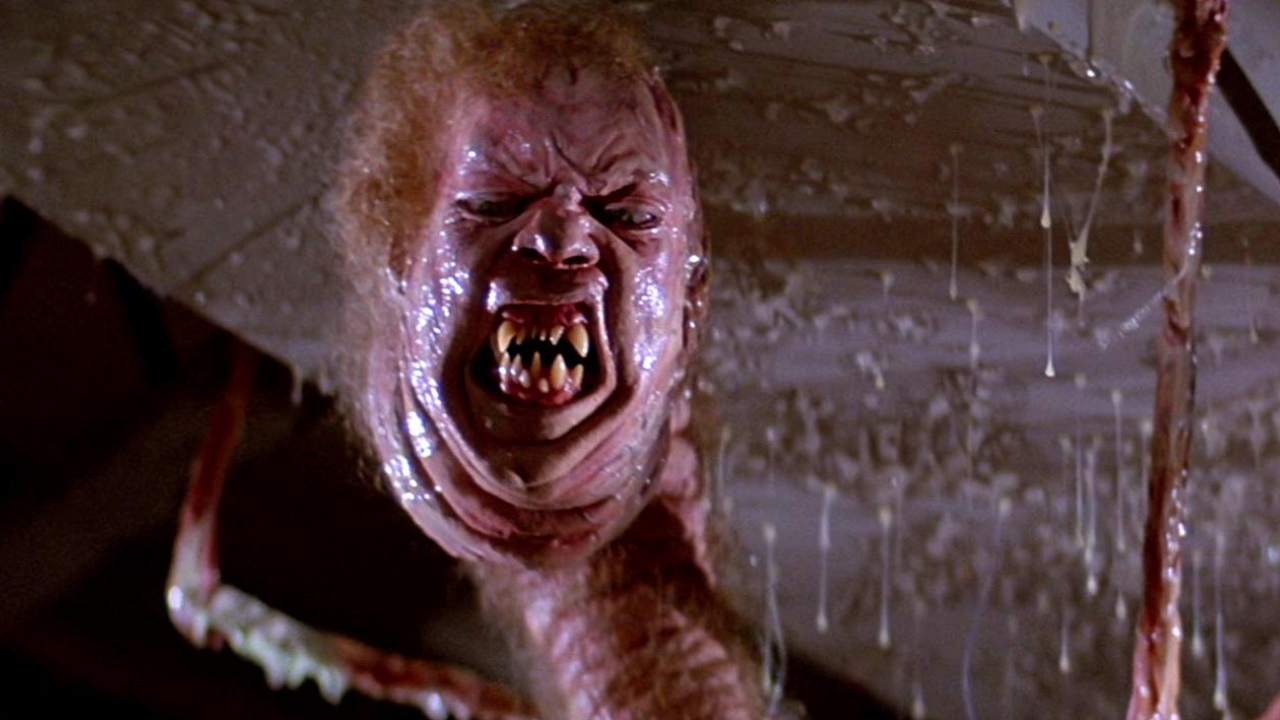
"I created monsters as a kid. I loved it. I watched monster movies as a kid. They kind of don’t do that now – they make superhero movies."
On working with composer Ennio Morricone…
"He’s one of the great composers. He didn’t speak English. I didn’t speak Italian. We spoke together ‘in the language of music’ [laughs]. He wrote five or six pieces. I cut them into the finished film."
On whether Kurt Russell’s MacReady or Keith David’s Childs is the Thing at the end of the movie…
"I know which of those two men is the Thing. I know. But I’m not gonna tell you."
On the greatest horror directors…
"The masters are George Romero, who invented the zombie movie. And Tobe Hooper, whose The Texas Chain Saw Massacre is one of the funniest, scariest horror movies ever made. Dario Argento is a pioneer. He’s here in Cannes. I saw him last night. He should be on this stage."
On playing video games….
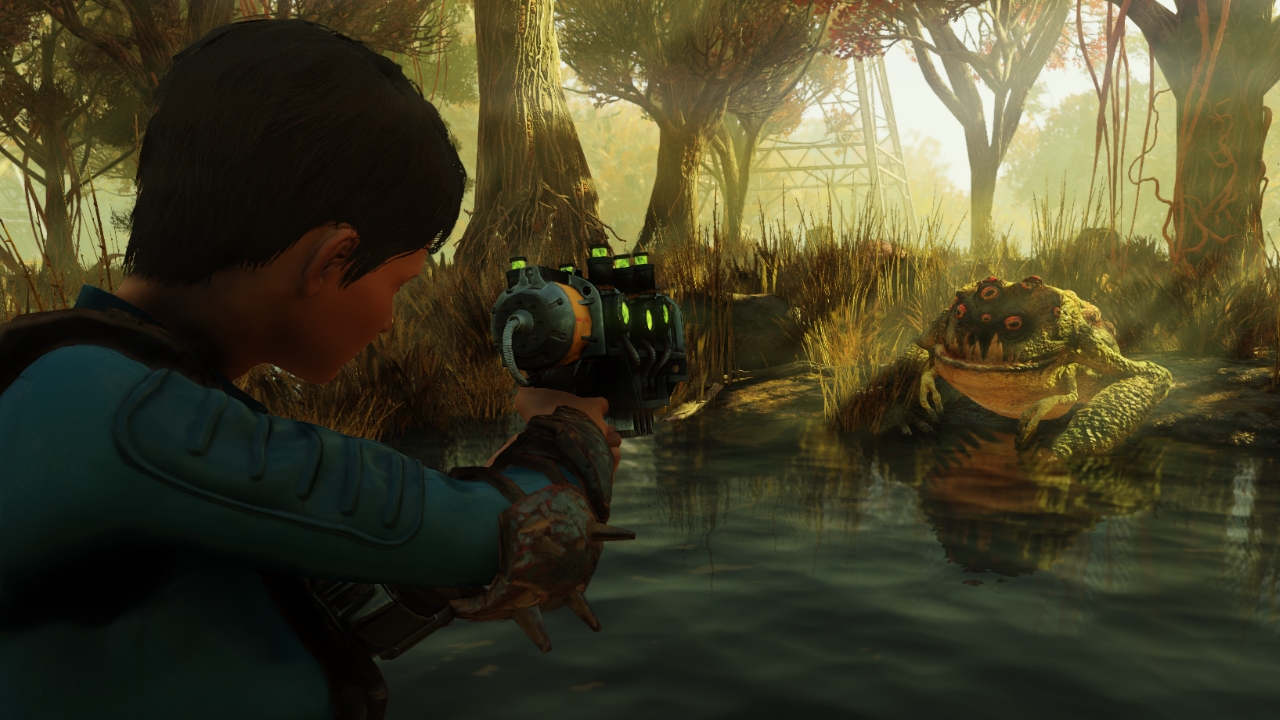
"I started with Sonic the Hedgehog. First-person shooters are the most fun. I’ve just been playing Fallout 76. They’re not scary like movies are, but the first time I played Dead Space was a terrifying experience for me."
On why he watches movies at home, not in cinemas…
"There are a lot of cell phones, lots of people talking on them. I’m afraid of what I would do to them."
On why he’s made one movie in the last 18 years…
"I can play music, I can watch video games, and watch basketball. My life is complete."
For more Cannes 2019 coverage read our review of Adam Driver zombie comedy The Dead Don't Die.
Jamie Graham is the Editor-at-Large of Total Film magazine. You'll likely find them around these parts reviewing the biggest films on the planet and speaking to some of the biggest stars in the business – that's just what Jamie does. Jamie has also written for outlets like SFX and the Sunday Times Culture, and appeared on podcasts exploring the wondrous worlds of occult and horror.


